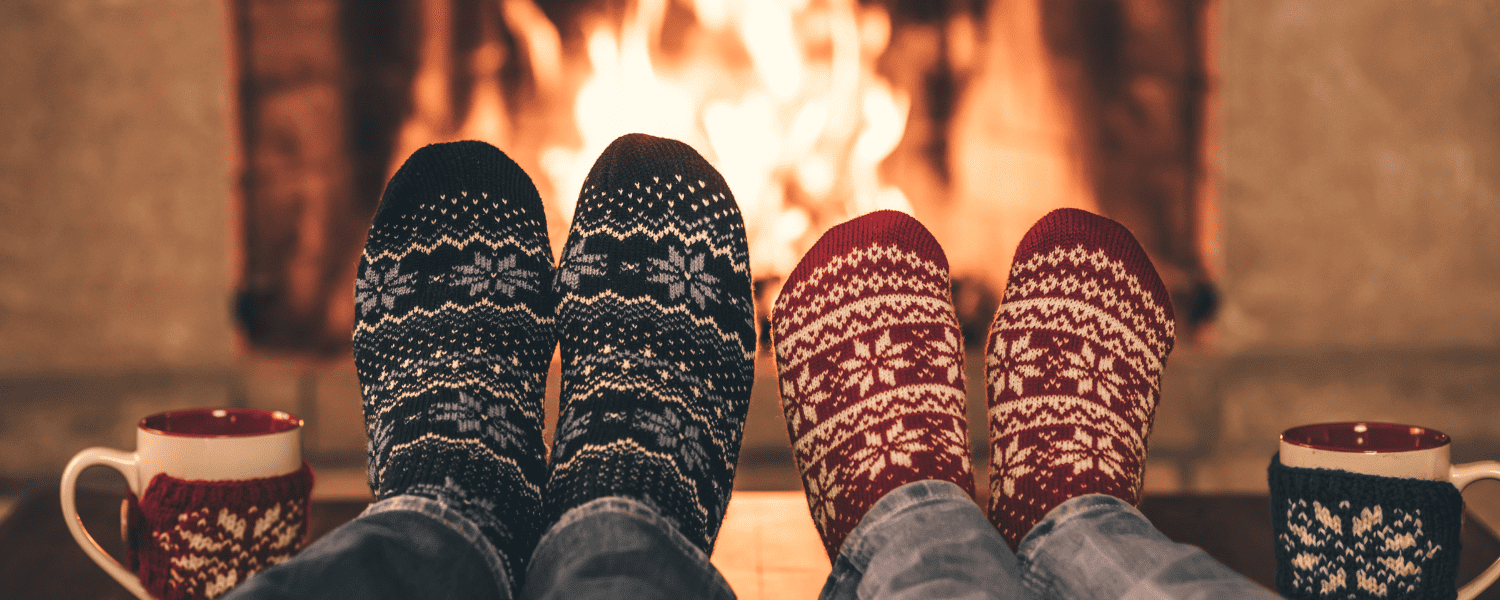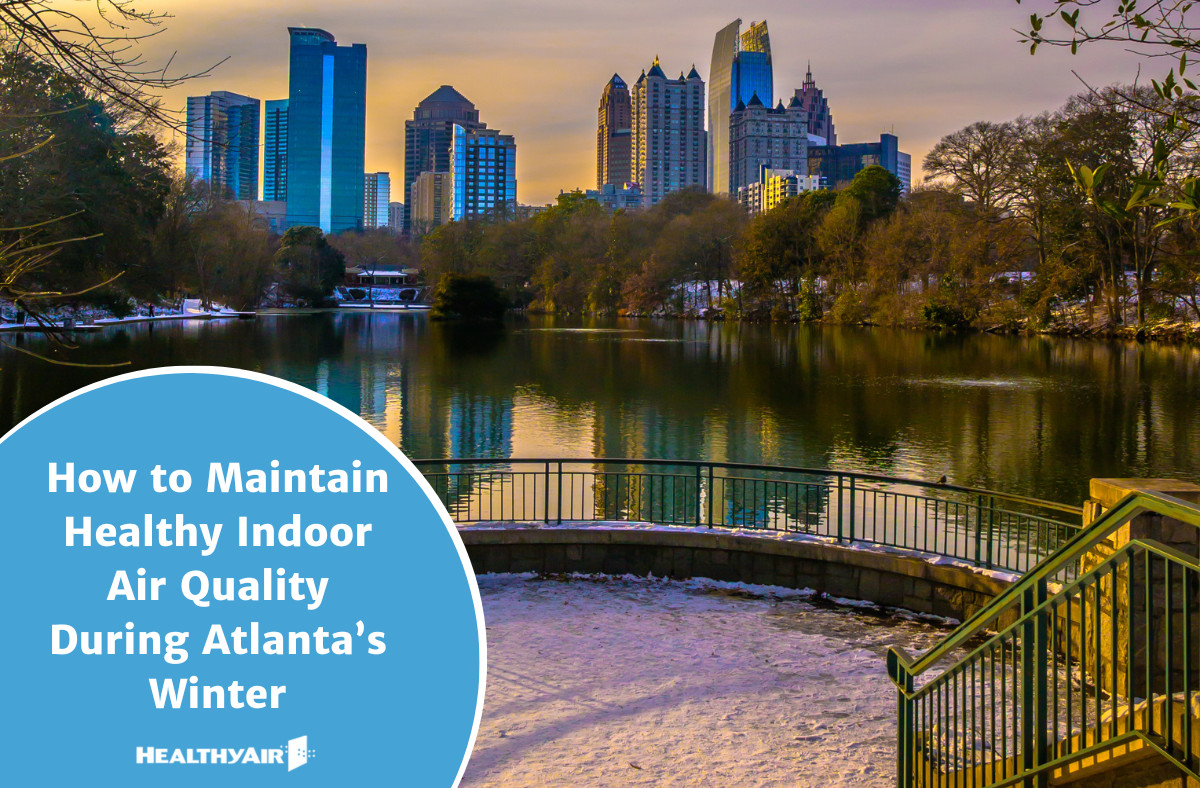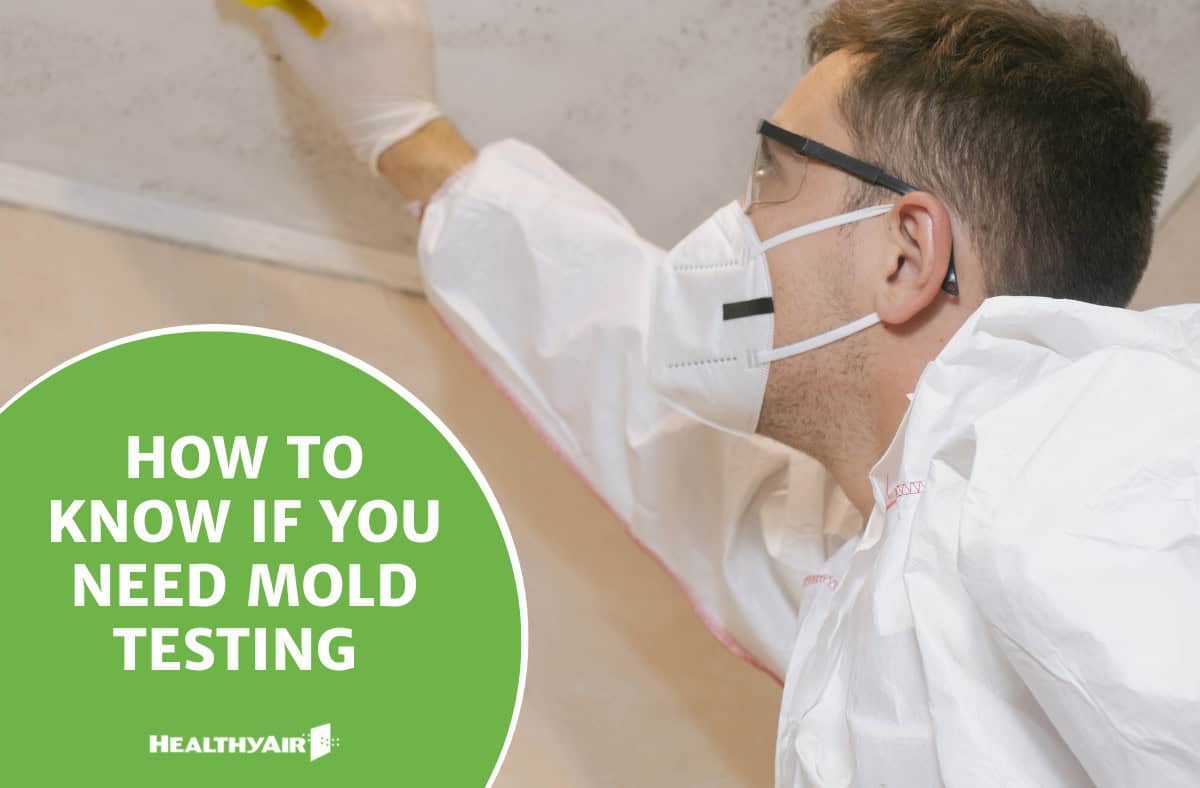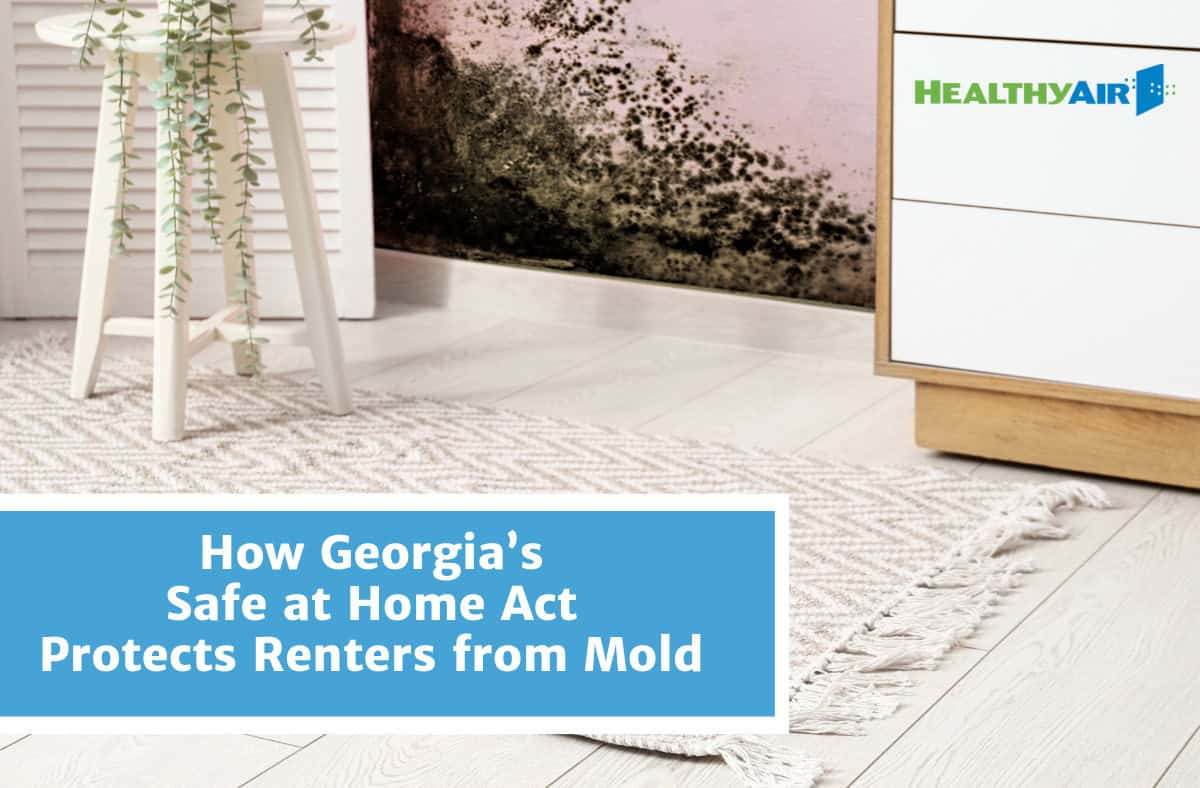Breathe Easy This Winter: Tips for Staying Safe from Indoor Air Pollution

As the chilly winter months approach, we tend to spend more time indoors to stay warm and cozy. However, did you know that the air inside our homes can be up to five times more polluted than the air outside? Indoor air pollution can have adverse effects on our health, causing respiratory issues, allergies, and even long-term health problems. Here are some essential tips to help you stay safe from indoor air pollution this winter:
Check and Change Air Filters Regularly:
One of the crucial steps in maintaining good indoor air quality is to regularly check and change air filters. Over time, air filters can become clogged with dust, allergens, pet dander, and other pollutants. If left unchanged, these particles can circulate throughout your home, compromising the air you breathe. Remember to inspect and replace air filters in your HVAC system every three months or as recommended by the manufacturer.
Clean Your Chimney and Fireplace:
Winter is the perfect time to enjoy the warmth of a crackling fire in the fireplace. However, chimneys and fireplaces come with their fair share of indoor air pollution risks. Regularly clean your chimney to remove any buildup of soot, creosote, and other debris, which can release harmful pollutants into the air. Additionally, ensure proper ventilation while using your fireplace to prevent the buildup of carbon monoxide – a colorless, odorless gas that can be extremely dangerous.
Reduce Volatile Organic Compounds (VOCs):
Volatile Organic Compounds (VOCs) are chemicals found in many household products, such as paints, cleaning supplies, and even some furniture. These substances can emit harmful gases into the air, contributing to indoor air pollution. Choose low VOC or VOC-free products when painting or using cleaning supplies. Additionally, consider using natural alternatives, like vinegar and baking soda, for cleaning purposes. Proper ventilation is also essential to minimize the concentration of VOCs in your home.
Control Moisture and Prevent Mold Growth:
In winter, moisture levels tend to rise due to condensation from activities like cooking, showering, and drying clothes indoors. Excess moisture can lead to mold growth, which releases spores that can trigger allergies and respiratory problems. To reduce moisture, use exhaust fans while cooking or showering, ensure proper ventilation in high-humidity areas, and fix any leaks or sources of water accumulation. If your home has a dehumidifier, make sure to service it on a regular basis to ensure it is working properly.
Let Fresh Air Inside
Opening windows and doors in the winter might seem counterintuitive when it comes to staying warm, but it can actually play a significant role in improving indoor air quality. While our homes are tightly sealed to conserve energy and maintain warmth, this can lead to a buildup of indoor pollutants. Opening windows and doors, even for just a few minutes each day, allows for the exchange of fresh air and the release of trapped pollutants. This simple act promotes proper ventilation, helping to reduce levels of airborne allergens, volatile organic compounds (VOCs), and other indoor pollutants, thereby creating a healthier living environment.
By following these tips, you can create a healthier and safer indoor environment for you and your family during the winter months. Remember, taking care of your indoor air quality is an investment in your health and well-being. Breathe easy and stay safe!
Sources:



